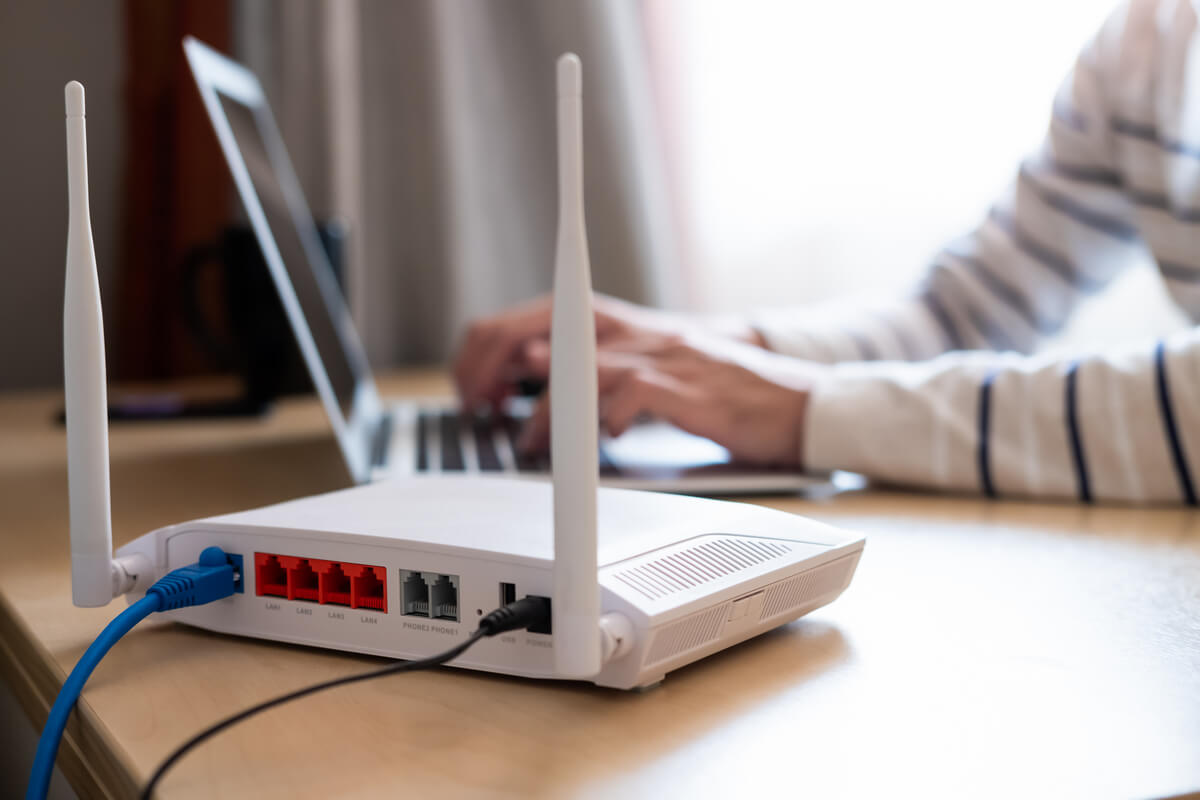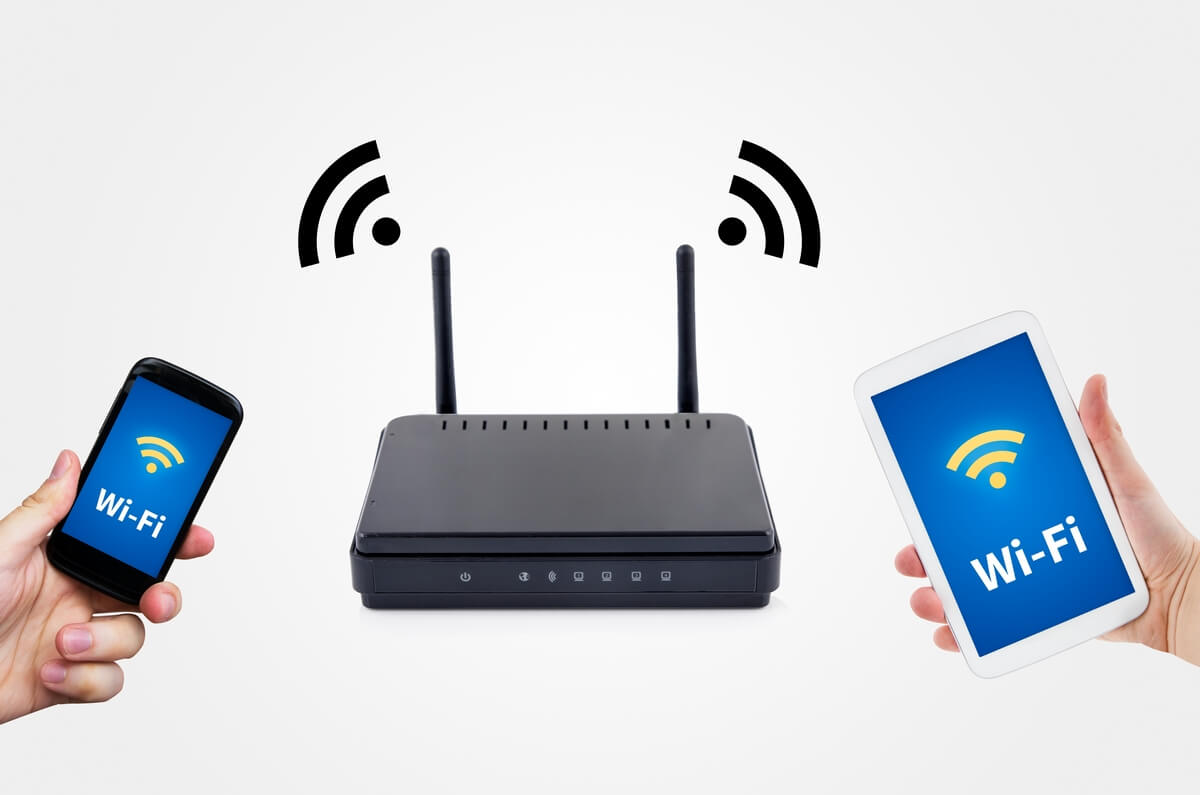In this day and age, internet access is a necessity for most families. You might use the internet to work, pay your bills, communicate with others, and for a wide variety of other purposes. Therefore, internet access is likely a high priority for you if you’re searching for a new home.
If your dream home has poor or nonexistent internet, you might wonder whether you need to move on and continue your search. Fortunately, though, you do have some options to improve the internet access at the house. What’s most important is that you have a plan of action for gaining internet access before you purchase the home. Here are six steps you can take if you’re interested in a home with poor internet:

Contact the ISP to test the internet.
If the house does have internet access but has a weak or inconsistent connection, you could contact the internet service provider (ISP) to test the speed. You can ask the homeowner or their real estate agent for the name of the ISP, and you can research yourself whether any other ISPs serve the area as well.
Testing the internet speed on your own is fairly easy if you can connect to the internet on your phone or a laptop. There are several free websites that quickly test and report your current connection speed. If you can’t test the speed yourself, you should contact the home’s ISP to get more information about the internet that’s available in the area. The ISP can also diagnose problems with the home’s connection, which could grealy improve the internet speed.

Check all areas of the house.
As you’re troubleshooting potential internet issues in the home, make sure you check the connection in all areas of the house. Sometimes, the entire area has a poor connection or does not have internet at all. In other cases, the issues are limited to certain rooms.
If the internet access is sporadic throughout the house, you may be able to improve the connection simply by changing the location of the router. Alternatively, you could purchase and install Wi-Fi transmitters in various areas of the home, which can boost the connection substantially.

Find the router.
Locating the router is critical when evaluating the internet connection in your prospective new home. Unless the home has absolutely no internet service, you can likely improve the connection by making some adjustments to the router.
Some homeowners set up their router in a closet, basement, or another remote area of the house. Although you might prefer for your router to be out of the way, it’s best for the router to be in a central location in the home so that the connection reaches all areas of the house.
Replacing an outdated router can also make a big difference in the internet connection. Fortunately, a new router is a fairly inexpensive investment when you’re buying a house.

Use a wireless ISP.
Some areas of the United States, particularly rural locations, simply don’t have access to adequate internet service. You might find your dream home only to discover that it has no internet at all. In this case, you may be able to gain internet access by reaching out to a wireless ISP (WISP).
A WISP is an internet provider that allows you to connect to a server through Wi-Fi. This is a common alternative to traditional ISP lines in rural areas because the installation process is usually simpler. If there’s a WISP in your area, your service provider will install the equipment on the roof of your house so that your home can connect to the nearby server.

Ask the ISP to run an extension.
While a WISP is a popular option in rural areas, you might be able to gain traditional internet access if the home is close enough to the ISP’s main line. Running an extension to your home can be pricey as your local ISP will charge a price-per-foot rate. However, the one-time cost of installing the line may be worth it to gain consistent and reliable internet access.

Negotiate with the seller.
Internet access is no longer a luxury. It’s an essential utility for almost all families, and a lack of internet access is a major problem when buying a new home. If the house you’re considering doesn’t have internet, you probably have negotiating power with the seller.
Your real estate agent can help you decide the best course of action for negotiating. Some buyers simply make a lower offer when they realize that the house doesn’t have internet. Others deduct the exact cost of installing internet from the sale price of the home, or they ask the seller to pay the installation fees.
Buying a home in an area with poor internet access is tricky, but you do have options. You might get a better signal by upgrading the router or changing its location, or you may have to reach out to your ISP to install an extension line or a wireless connection. Be sure that you have a plan before you finalize the sale so that you’re not left without internet when you move in.

